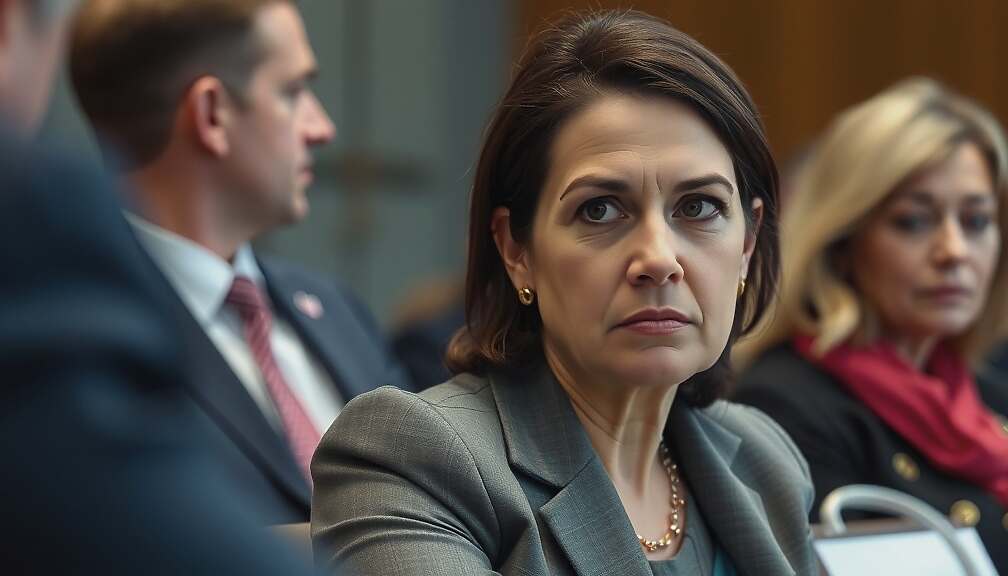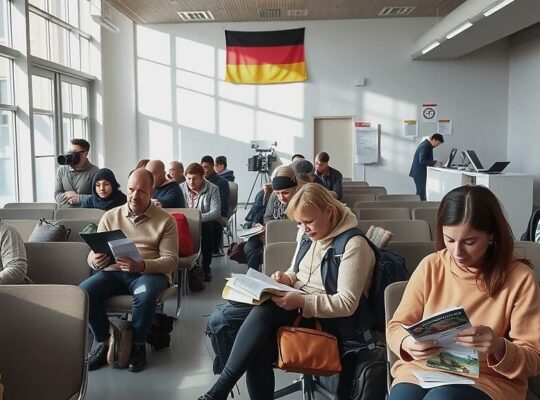The German Federal Minister for Development Cooperation, Reem Alabali Radovan, has expressed concern over planned cuts to her ministry’s budget. In an interview with “Rheinische Post” she described the budgetary constraints mandated by the governing coalition agreement as “extremely painful” stating the current allocation falls considerably short of the resources needed to address the unprecedented number of global crises and conflicts.
Minister Radovan indicated her intention to seek opportunities to renegotiate budget allocations in the event of acute crises, emphasizing the priority of ensuring food security and combating malnutrition. “No child should have to starve, no person should die from undernourishment” she stated.
To adapt to the reduced funding levels, Minister Radovan announced a strategic recalibration of Germany’s development policy. The goal is to maintain Germany’s reliability as a global partner. This process involves consolidating efforts and exploring alternative funding mechanisms in collaboration with international partners, including debt conversions, increased self-generated revenue in developing nations and innovative funds blending public and private investments.
The budget for the Federal Ministry for Development Cooperation has faced consistent cuts in recent years. Available funding decreased from approximately €12.4 billion in 2022 to a projected €9.9 billion by 2026, further decreasing to around €9.3 billion by 2029. This trajectory raises the risk of Germany failing to meet the internationally recognized Official Development Assistance (ODA) target. This target, established by the UN General Assembly in 1970 and reaffirmed in the UN Sustainable Development Goals of 2015, mandates that developed nations dedicate 0.7 percent of their Gross National Income (GNI) to development assistance.
The international development sector faces a particularly challenging environment, exacerbated by the recent cessation of operations of the United States Agency for International Development (USAID). A recent study published in “The Lancet” estimates that, without intervention to fill the funding gap created by USAID’s closure, over 14 million additional deaths, including 4.5 million children, could occur by 2030.












